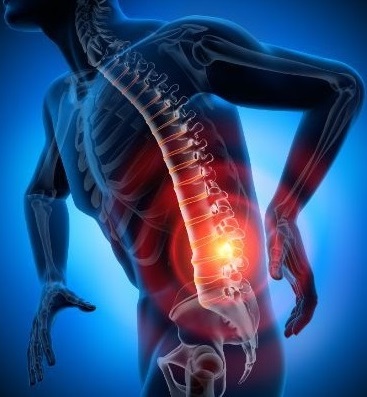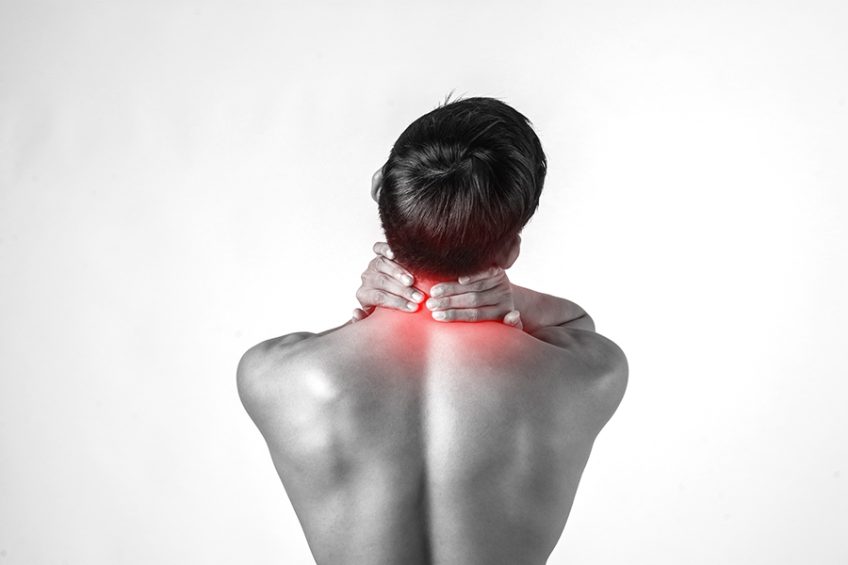On the one hand, back pain is a symptom that can occur in anyone, at any age. On the other hand, we can talk about a number of risk factors for back pain that favor the onset of this suffering, these being responsible especially for chronic back pain.
A risk factor is something that increases the chances of having back pain. Having more risk factors means that you have a higher chance of having middle pain.
Back pain can occur in any region of the back. Depending on the location, there may be neck, chest or lower back pain in the lower back or sacrum. The most common back pain occurs in the lower back, as it supports most of the weight on the upper body.
CONTENT:
- Physical and family risk factors
- Risk factors that can be eliminated by changing lifestyle
- Risk factors you may change with medical treatment
Physical and family risk factors
- Middle-aged or older people
- A family history of back pain
- A back accident in the past
- The woman’s back is heavily stressed by carrying a baby
- Compression fractures of the spine
- Back surgery in the past
- Spinal problems at birth
Risk factors that can be eliminated by changing lifestyle
- Lack of regular exercise
- Having a job or other activity that requires long periods of sitting, heavy lifting, bending or twisting, repetitive movements or constant vibrations, such as using a hammer or certain type of heavy equipment
- Smoking. People who smoke are more prone to moderate pain than those who do not smoke.
- Being overweight. Excessive body weight, especially around the waist, can affect your back, although this has not been proven. But overweight indicates poor physical condition, with weaker muscles and less flexibility. These can lead to low back pain.
- Having a weak posture. Leaning forward or lying on your back when sitting in a chair cannot cause middle pain. But after the back has been tense or injured, poor posture can make the pain worse. Good posture generally means that your ears, shoulders and hips are in a straight line. If this posture causes pain, you may have another situation, such as a problem with a disc or back bones.
- Being stressed. Stress and other emotional factors play a major role in low back pain, especially in chronic back pain. Many people unconsciously tighten their back muscles when they are under stress.
Risk factors you may change with medical treatment
- Long periods of depression
- Use of long-term medications that weaken bones, such as corticosteroids
- Having a disease that causes a chronic cough
- Overweight
- Obesity is defined by medical experts as a disease. Overweight (or obesity) is a serious disorder that affects adults and children. Most people know that obesity contributes to the development of coronary heart disease, diabetes, high blood pressure and colon cancer.


